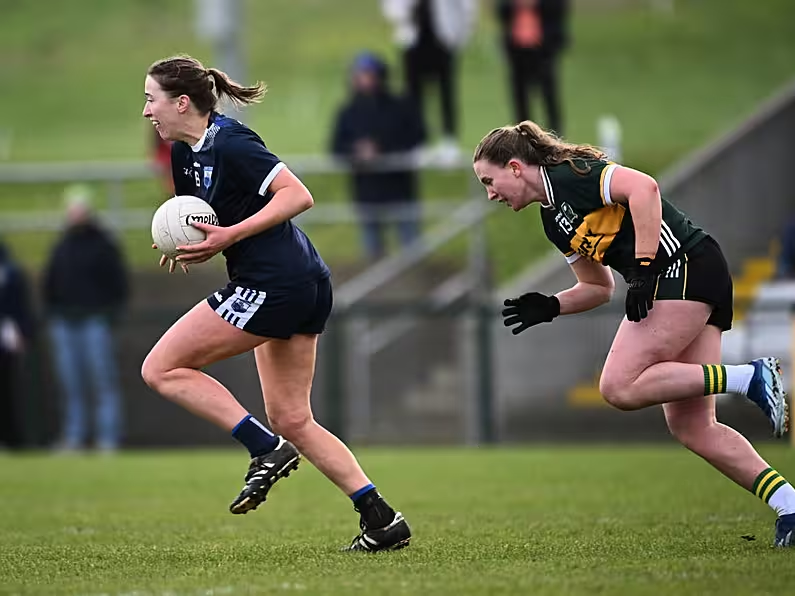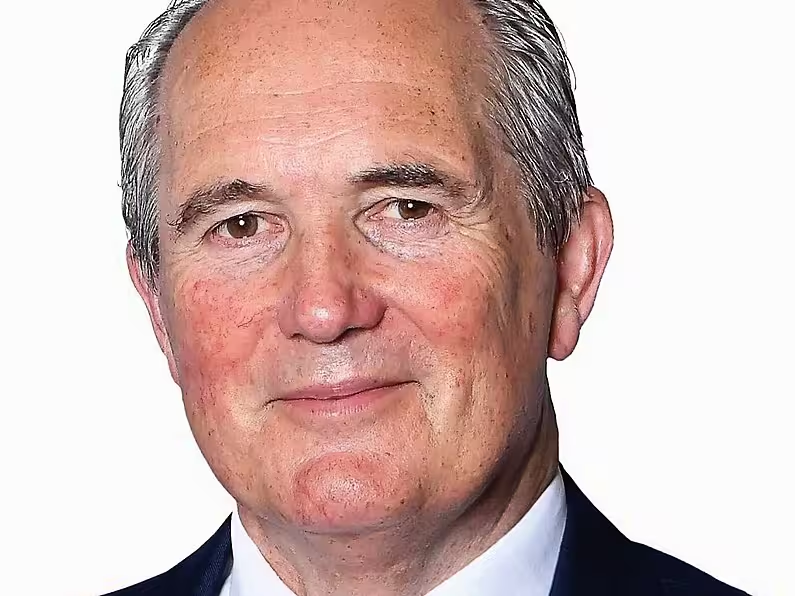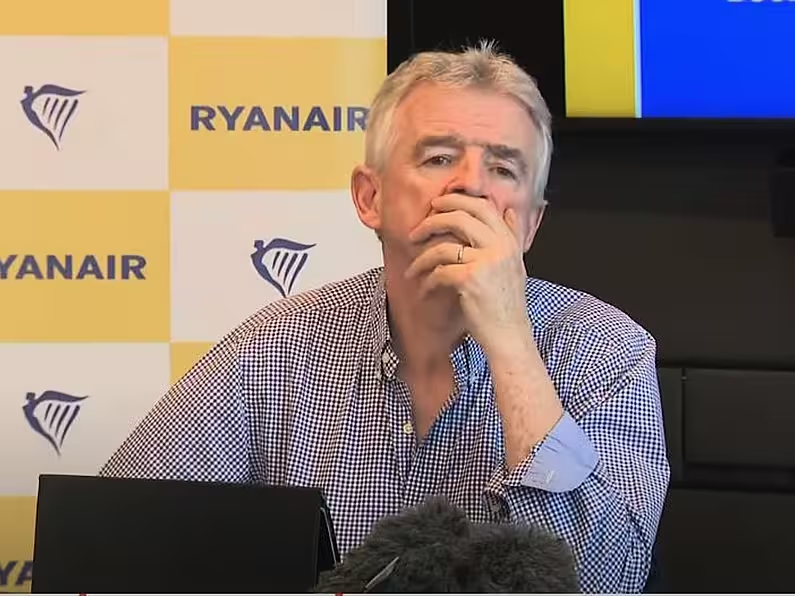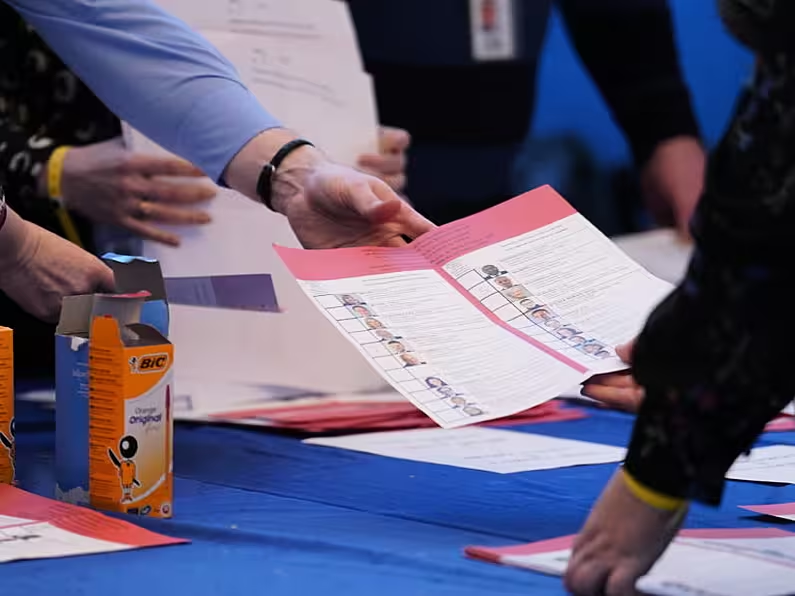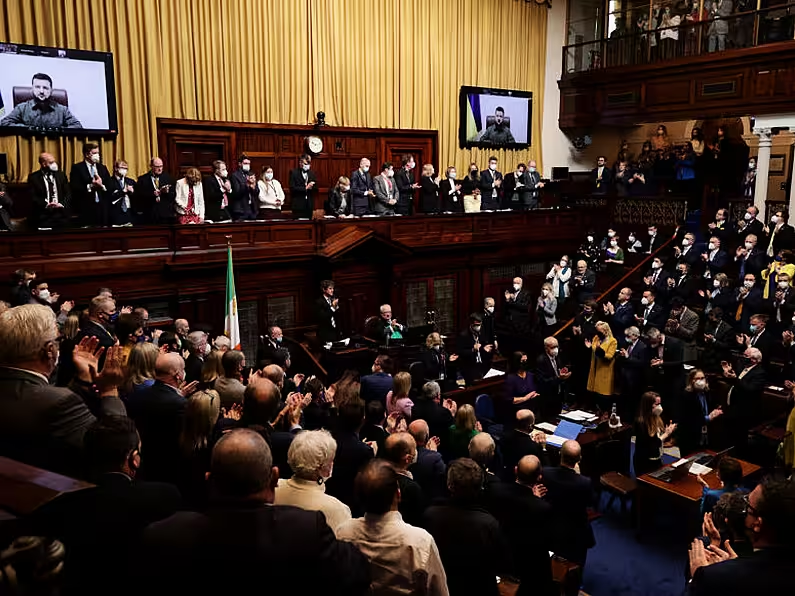Michael McAleer
The system for charging privately insured patients for their accommodation in public hospitals is "a mess", a High Court judge has said.
Mr Justice Denis McDonald made the remark during an action by the HSE against Laya Healthcare centring on a dispute about the use of a form in which asks patients to waive their automatic right to public healthcare.
The judge said he wanted counsel to address in their legal submissions next week issues including what the Oireachtas intended in 2013 when it brought in a new law on charging for beds in public hospitals.
Waiver form
He did not understand why a waiver form had to be introduced if there could have been a rule that an insured person must pay, through their insurer.
"It seems to have caused incredible complications and from everything I have heard the system is in a mess for want of a better word," he said.
The court has heard that as a result of the 2013 law change, it was possible for the hospitals to charge the patient, through their insurer, €813 per night, compared to around €80 per night if they were a public patient without a medical card.
Laya claims it had become practice in some public hospitals to ask "do you want to use your insurance, or pay yourself" and that patients in vulnerable positions were being put under pressure to sign the waiver.
The HSE says it is not policy to pressure people but, as a result of the dispute, public hospitals are being exposed to a potential €170 million loss of revenue by insurers withholding payment based on the date they sign the waiver form. Laya disputes the HSE figures.
Letterkenny case
Mary Farrell, who was admitted through Letterkenny University Hospital A&E in October 2017, told the court when she declined to use her health insurance because she wasn't getting a private room she was told by her consultant "we would only be getting €2,000" instead of €3,000 if she had gone private.
Ms Farrell said she was lying "a bit uncomfortably" in A&E and told not to move when a member of the hospital administrative staff presented her with two or three forms and asked her if she wanted to be treated as a private or public patient.
It was pointed out to her where she should sign, but Ms Farrell was aware of an issue in relation to the form and asked for time to read it.
She said she was still going through it when she heard the staff member say something like "she did not know why anyone would be a private patient when it was a public hospital".
No private room
Ms Farrell realised she was being asked to waive her right to be treated publicly, but she said as she was not going to be put in a private room, she did not want an €813 per night bill, and said she wanted to be treated publicly.
She said the staff member continued to ask her if she wanted to be treated privately. "I was struggling with the papers and on a number of times she kept pointing to where she wanted my signature".
On discharge, her consultant arrived in her ward and said "you did not sign the waiver". She replied it was on foot of what Laya Healthcare had advised about the €813 per night.
The consultant said if she was in the Galway Clinic, they would have "no problem" paying €3,000 but "we would only be getting €2,000".
Limerick case
Mary Donnelly said her Laya customer mother (82) was brought by ambulance to University Hospital Limerick (UHL) in August 2018 following a fall and in a confused state.
After two nights on a trolley in casualty and having been found to have suffered two fractures and a small bleed on her skull, she was moved to hospital in Cashel, and after eight or nine weeks there to a nursing home where she still resides.
Subsequently, Laya advised her mother that UHL had raised an invoice of €43,089 for the time she spent in hospital. Her daughter said she had not signed anything while in the hospital with her mother and the signature on the form was not her mother's.
UHL later investigated, saying there had been an error, and it was not possible to say who signed the form. The claim was cancelled.





